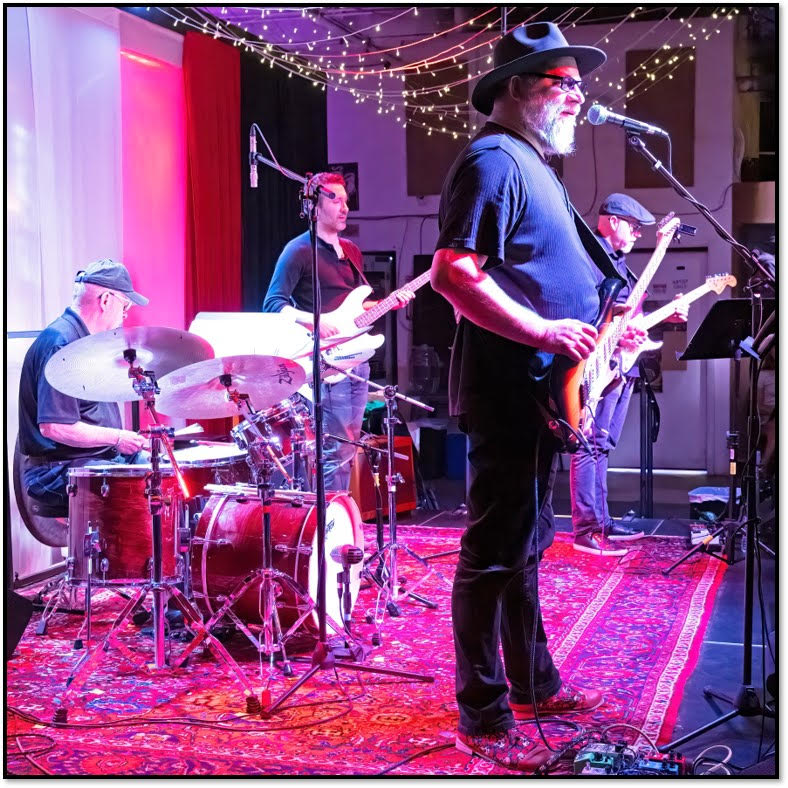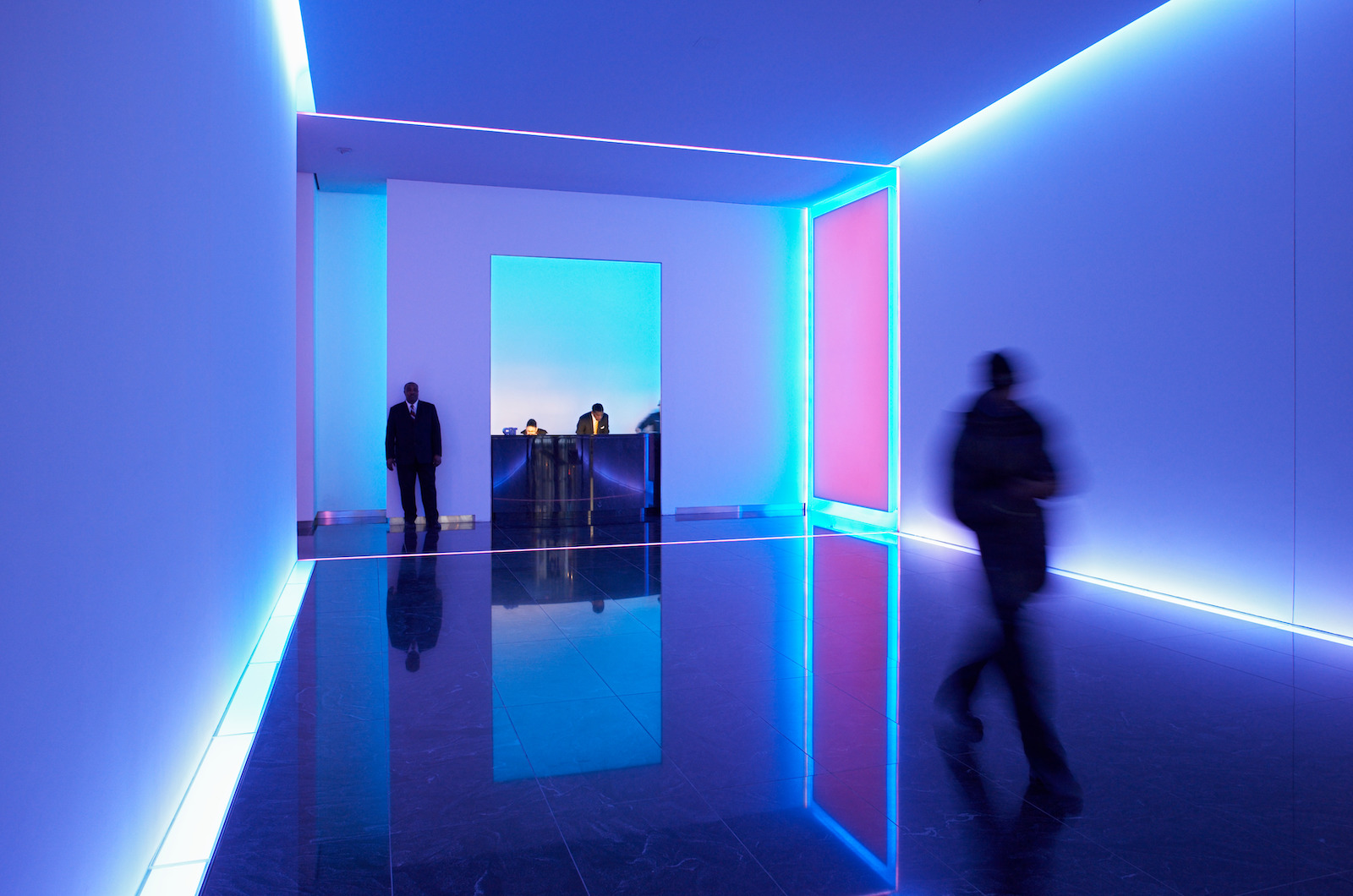The most profound music ever conceived by Richard Strauss may be Metamorphosen for 23 solo strings. Composed in 1945 when Strauss was 81 years old, it memorializes the cultural inheritance symbolized by the opera houses of Munich, Dresden, and Vienna, all bombed to rubble during what Strauss called “the most terrible period in human history . . . the 12-year reign of bestiality, ignorance, and anti-culture under the greatest animals.” He also wrote: “I am beside myself. . . . There can be no consolation.”
At the thirty-seventh annual Colorado Mahlerfest in Boulder last week, Kenneth Woods prefaced Metamorphosen with Wagner’s overture to Die Meistersinger – a sublime embodiment of what those opera houses were about. The impact of this juxtaposition was devastating — not least because we ourselves increasingly inhabit a time of “ignorance and anti-culture”.
At 55, Woods is the rare conductor with an exceptional curatorial gift. He has been Mahlerfest music director since 2015. His regular job is conducting the English Symphony Orchestra in Worcester (UK). He lives in Carduff, where his wife plays in the BBC National Orchestra of Wales. Born and trained in the US, he has never been offered an American podium of consequence.
The 2024 Mahlerfest packed seven concerts and an all-day symposium into five days. As Woods also plays electric guitar and sings, one evening, “Electric Liederland” in a Boulder rock/folk venue, included edgy riffs on Mahler’s Ninth and Das Lied von der Erde. Another included on its second half “Visions of Childhood,” a sui generis suite for chamber ensemble and soprano conceived by Woods and previously presented in concerts and a recording by the English Symphony Orchestra. It comprised:
–The opening measures of Mahler’s Fourth (arr. Woods)
–Wagner’s Siegfried Idyll (arr. Woods)
–Two songs from Humperdinck’s Hansel and Gretel (arr. Woods)
–Schubert’s “The Trout,” alternating the song with the variations for piano quintet (arr. Woods)
–Mahler’s “Das irdische Leben” (arr. Woods)
–Schubert’s variations on “Death and the Maiden” (arr. Woods)
–Mahler’s “Das himmlische Leben” (arr. Woods)
The cumulative impact was magical.
The festival’s big pieces (on separate symphonic programs) were Strauss’s Alpine Symphony and Mahler’s Symphony No. 4. (I contributed a symposium talk on Mahler and Schubert; my Mahlerei for bass trombone and chamber ensemble, recasting the Scherzo of Mahler’s Fourth, was also performed.)
Woods’s reading of the Mahler symphony was both spacious and sharply detailed. Of his 94 players, the vast majority are Mahlerfest regulars. They come from as far away as New York and Texas, Canada and Korea. They relish this composer’s sweet portamentos and prickly dynamics. They also manifest a rare degree of pride and engagement. The excitement with which they applaud Woods, and one another, reminds me of the South Dakota Symphony – another orchestra mainly comprised of ardent out-of-towners who don’t come for the money.
Introducing the Meistersinger Overture at a pre-concert talk, Woods highlighted a salient feature of Wagner’s inexhaustible opera: its celebration of cultural community. And this, finally, is what the Colorado Mahlerfest is about. As with last year’s memorable reading of the Resurrection Symphony, the audience for Mahler’s Fourth was strikingly inter-generational, including local families for whom Mahlerfest is an annual ritual. The week also included a mountain hike, open rehearsals, and various breakfasts and dinners.
I will have something to say about my Mahlerei – magnificently realized by Woods and David Taylor – in a forthcoming post. Next year, the featured symphony will be No. 6. In 2026, the Mahlerfest topic will be “Mahler the Man” — explored via the Symphony No. 9 and a staging of the full-length play I have extrapolated from my novel The Marriage: The Mahlers in New York.


